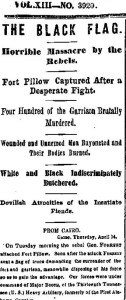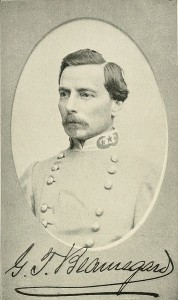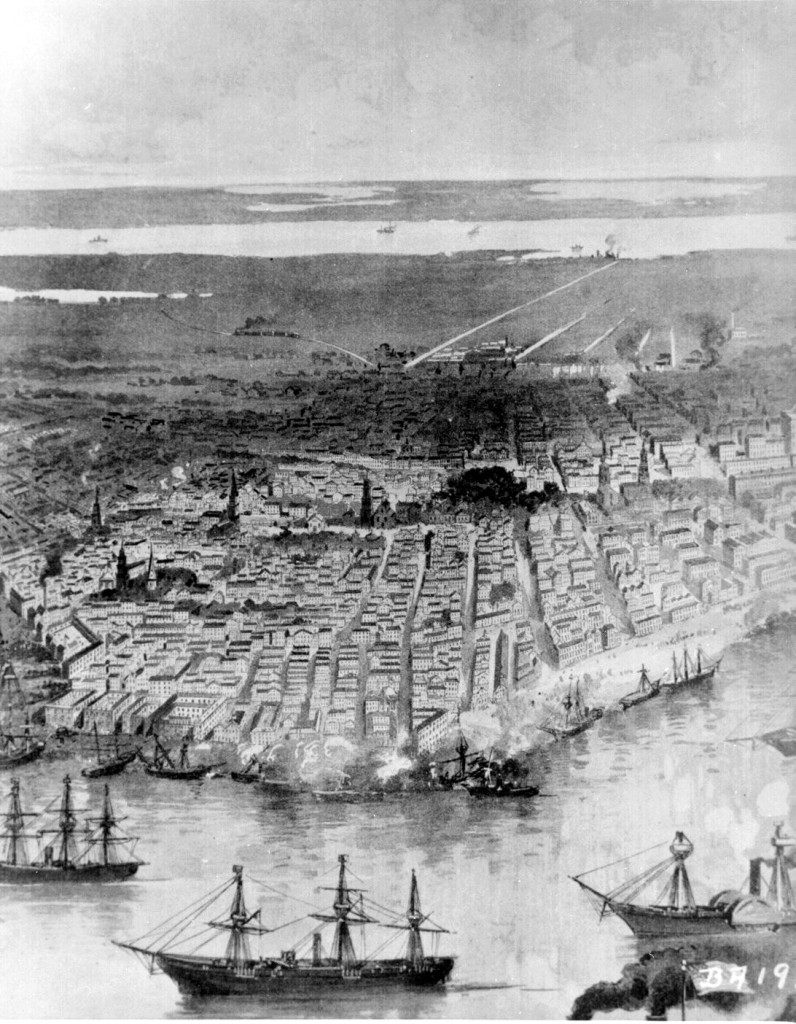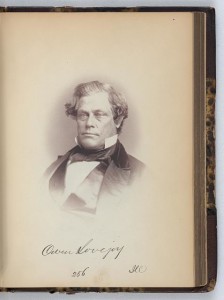The dates in the following articles don’t seem to match up just right, but it does seem that by 150 years ago tonight a Yankee female surgeon was locked up in Castle Thunder.
From the Richmond Daily Dispatch April 22, 1864:
Female Yankee Surgeon.
–Dr. Mary E Walker, Assistant Surgeon in the Yankee army of Tennessee, captured a few days ago near Tunnel Hill, was received in this city last evening, and was committed to the female department of Castle Thunder. She was dressed in male attire, except a Gipsey hat, and wore a handsome black Talma. As she passed down the streets to the Castle in charge of a detective the odd figure she cut attracted a great crowd of negroes and boys, who beset her path to such a degree as much to obstruct her progress. She was very indignant at having been taken prisoner, protesting that at the time of her capture she was on neutral ground.
From the Richmond Daily Dispatch April 25, 1864:
Letter from Dr. Mary E. Walker.
–We have received the following letter from Dr. Mary E. Walker, prisoner of war in Castle Thunder. The utter ignorance of our reporter with reference to the “physiological” adaptation of ladies’ dresses must be urged as his excuse for the grave mistake complained of by the fair writer — the scientific and physiological bloomer who, like an unfortunate exotic, blooms solitary and out of place in our inhospitable latitude:
Castle Thunder, Richmond, April 21st, 1864.
Editor of Richmond Dispatch:
Sir
–Will you please correct the statement you made in this morning’s Dispatch, in regard to my being “dressed in male attire.” As such is not the case simple justice demands a correction.
I am attired in what is usually called the “bloomer” or “reform dress, ” which is similar to other ladies’, with the exception of its being shorter and more physiological than long dresses.
Yours, etc., etc.,
Mary E. Walker, M. D.,
52d Ohio Vols, U. S. A.
It is written that Mary Edwards Walker became the first female army surgeon in September 1863 when she was hired by the Army of the Cumberland.
Walker was later appointed assistant surgeon of the 52nd Ohio Infantry. During this service, she frequently crossed battle lines, treating civilians. On April 10, 1864 she was captured by Confederate troops and arrested as a spy, just after she finished helping a confederate doctor perform an amputation. She was sent to Castle Thunder in Richmond, Virginia and remained there until August 12, 1864 when she was released as part of a prisoner exchange. She went on to serve during the Battle of Atlanta and later as supervisor of a female prison in Louisville, Kentucky, and head of an orphanage in Tennessee.
Mary Walker was awarded the Medal of Honor in 1865. After the war Dr. Walker’s activities became increasingly political. Clothing was controversial in the nineteenth century. Dr. Walker “wore the bloomer dress until the late 1870s, when she began dressing in men’s clothes. She was arrested for impersonating a man several times, although she argued that Congress had awarded her special permission to dress in this way.”
Mary Walker was born and was buried in Oswego, New York.

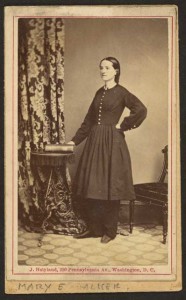
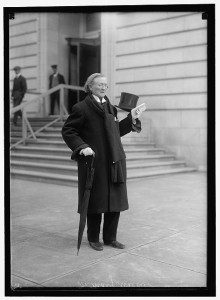
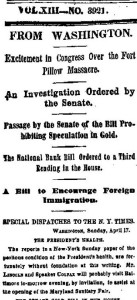
![Illustrated Civil War "Union Envelopes"]: "Jewels" of the "1st Families" of Va., consisting of [slave] "chains, bracelets, & anklets" (between 1861 and 1865; LOC: LC-USZ62-53594)](https://www.bluegrayreview.com/wp-content/uploads/2014/04/3b01564r-300x178.jpg)
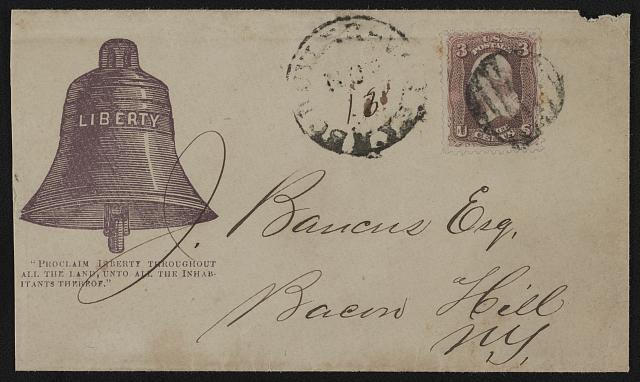
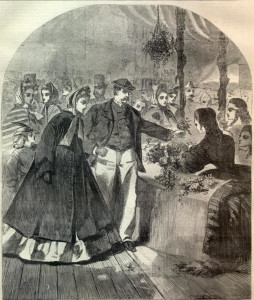
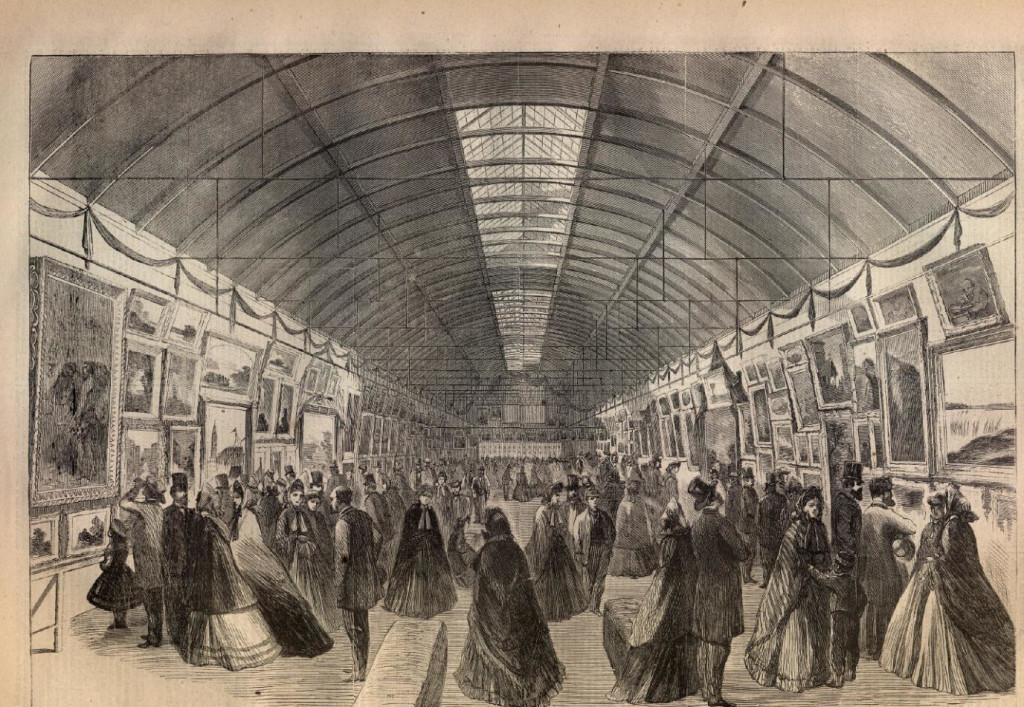
![[Brandy Station, Va. Dinner party outside tent, Army of the Potomac headquarters] (by Timothy H. O'Sullivan, 1864 April; LOC: LC-DIG-cwpb-00725)](https://www.bluegrayreview.com/wp-content/uploads/2014/04/00725r.jpg)
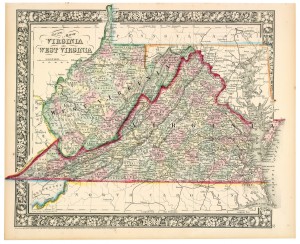
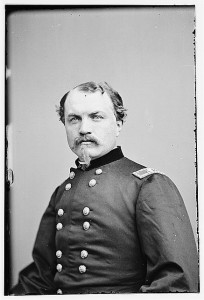

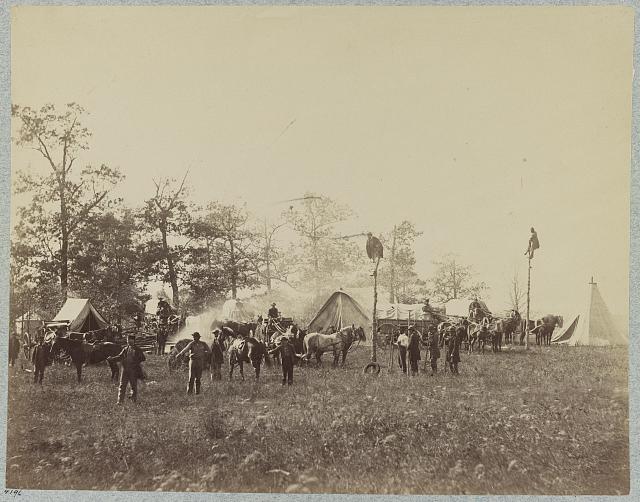
![[General Nathan B. Forrest] (LOC: LC-DIG-ppmscd-00082)](https://www.bluegrayreview.com/wp-content/uploads/2014/04/00082r-237x300.jpg)
